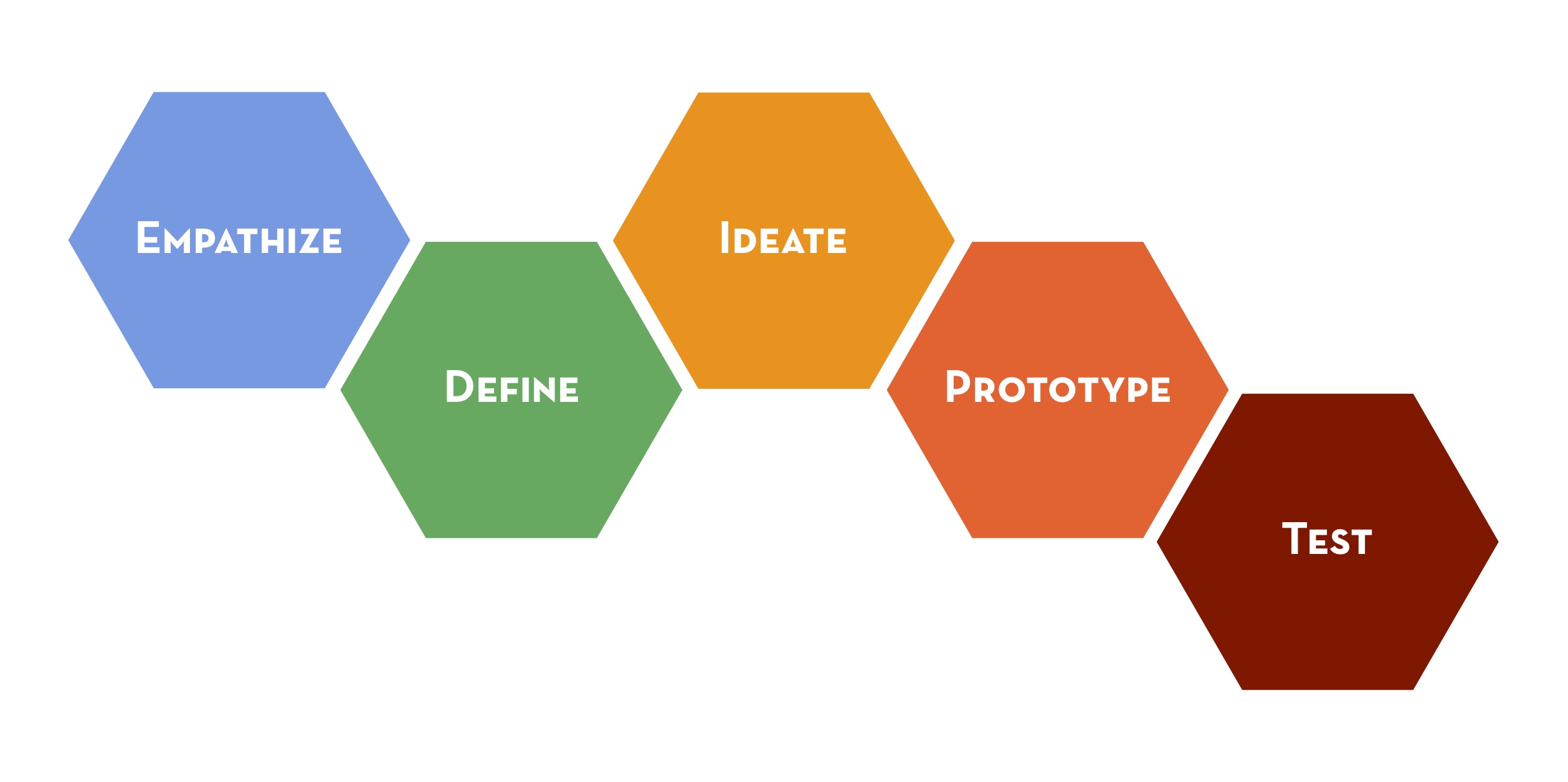
ME310/SUGAR is an academic year long project-based design engineering course that began at Stanford University and has been operating continuously for over forty years. Meanwhile, ME310 has gone beyond the edges of Stanford University and is now being taught in four different continents and twenty different countries. The course is now focused on teaching students the innovation methods and processes required for designers, engineers, and project managers of the future. Upon the completion of the course, students have acquired the skills necessary to be global innovation leaders.
In ME310, student teams work on innovation challenges proposed by corporate partners for eight months. Through the projects, students go through an intense and iterative process of needfinding, ideation, and rapid prototyping to create and develop new product concepts. In the end, teams deliver functional proof-of-concept prototypes to their corporate partners, along with in-depth documentation that not only capture the essence of designs but the learnings that led to the ideas.

Every team in ME310 collaborates with another team from a foreign university for the duration of the project. The partnership adds cultural and disciplinary diversity to the project teams, so students and companies are given the opportunity to experience true global collaboration. The network includes more than 30 university from all over the world, to increase opportunities of partnerships. All teams start their projects at Stanford University where they can experience the entrepreneurial culture of Silicon Valley.